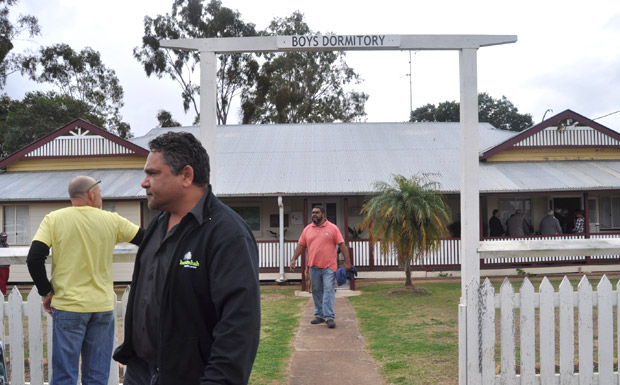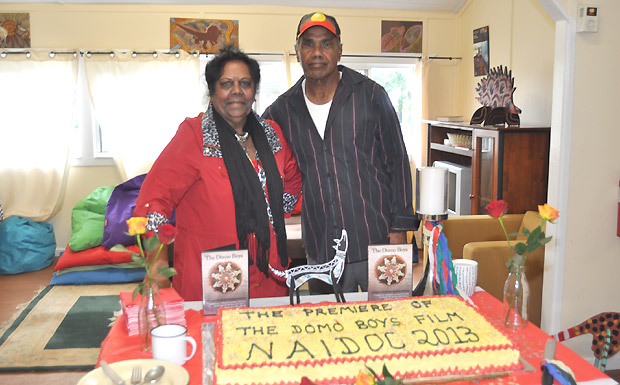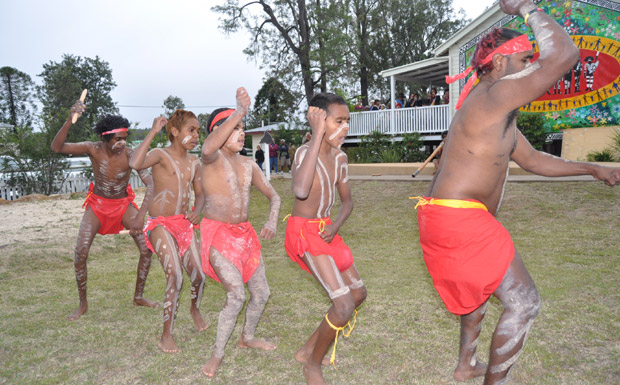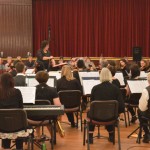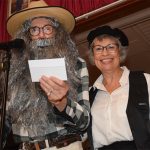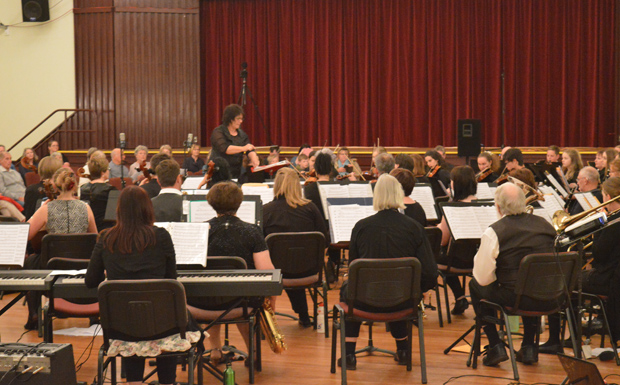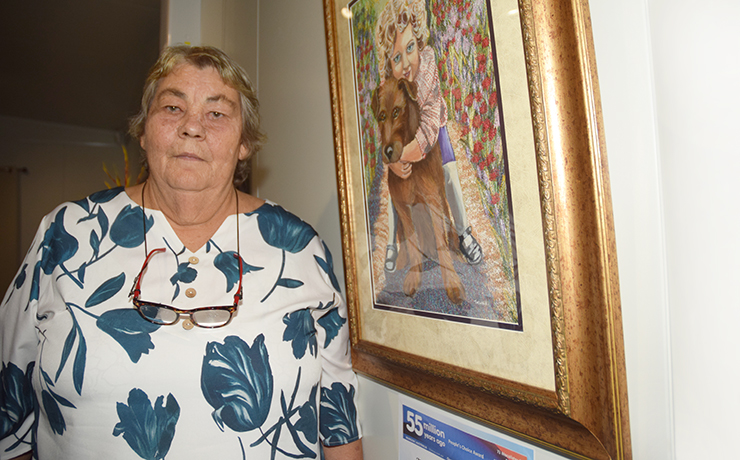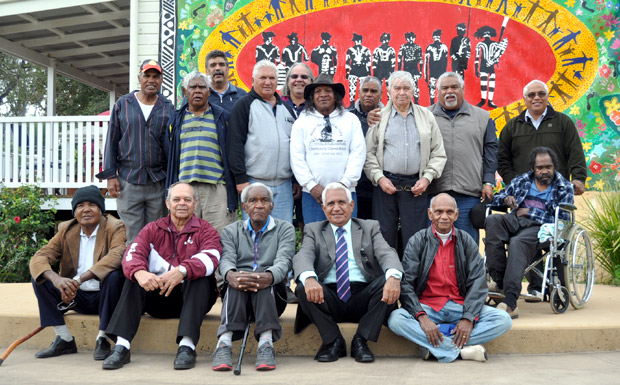
July 13, 2013
A film which premiered in Cherbourg on Wednesday as part of NAIDOC Week is cataloging a piece of the South Burnett’s history … and also helping to give a measure of peace to many of the people who survived it.
The film, “Dormitory Boys” (or “Domo Boys” as they were known), chronicles the history of Cherbourg’s dormitory system which began soon after the former mission was established in 1904 and continued until the early 1980s.
Tribes from all over Queensland and NSW were forcibly moved to Cherbourg under the Aboriginal Protection Act.
Once they were at the settlement, government administrators controlled almost every aspect of the residents’ lives.
This included the language they spoke, what they ate, what they wore, where they went, who they worked for and – in some cases – even whom they would marry.
Aboriginal people who were moved to Cherbourg were either placed in dormitories (which were set up in three separate buildings to house boys, girls and women) or lived in camps.
While the dormitory system was originally supposed to be used to house orphans, very soon ordinary families were split up and placed in them too.
This left some of the inmates with deep psychological scars they still carry to the present day.
The film was produced by Ration Shed Museum chairperson Sandra Morgan and museum co-ordinator Robyn Hofmeyr, with funding from The Healing Foundation. Sandra said it had taken more than a year to put together.
After a brief overview of the dormitory system, the bulk of the film is made up of first-person interviews with six surviving Domo Boys who lived in the dormitories between the 1930s and 1980s.
They talk about the impact that being separated from their mothers, fathers and sisters had on their lives, both at the time and long afterwards.
Some recall humourous moments in the dormitories; some even recalled some positives they took away from the experience into their post-dormitory lives; but others recalled the pain of having their mother and sisters live barely 400m away, but being unable to talk to them or see them.
On Wednesday, a group of 100 invited guests gathered at the Ration Shed to watch the film’s Cherbourg premiere.
The screening was ushered in by the Wakka Wakka junior dancers, who performed in the Ration Shed amphitheatre while guests drank coffee and ate damper on the Museum’s verandah.
After this, the crowd entered the screening room where Cherbourg Mayor Ken Bone gave the opening address, followed by short speeches from Sandra Morgan and two surviving Domo Boys, Robert West and David Wragge.
Sandra said some former residents had vowed to never return to Cherbourg after being traumatised by their period in the dormitories, but the film convinced them to revisit their past.
“The boys had their mothers in the mothers’ dormitory right next door and their sisters further over but they never got to be a family,” she said.
“That was one of the cries that Joe had. He had a mum next door and sisters over in the girls’ dormitory but they never ever came together as family.
“I guess that was hard just being there in the dormitories.”
The film held the crowd riveted for close to 30 minutes and drew loud applause at its end.
Some described it as “fascinating”, others as “moving”, and a few shed tears.
While the Womens’ and Girls’ dormitories no longer exist, the Boys Dormitory is now part of the Ration Shed Museum complex.
So after the screening everyone was invited to go and inspect the building, then sit down to a lunch catered by Cherbourg’s new Yurri Muntha Cafe.
Copies of “Dormitory Boys” can be purchased from the Ration Shed Museum’s shop on DVD.
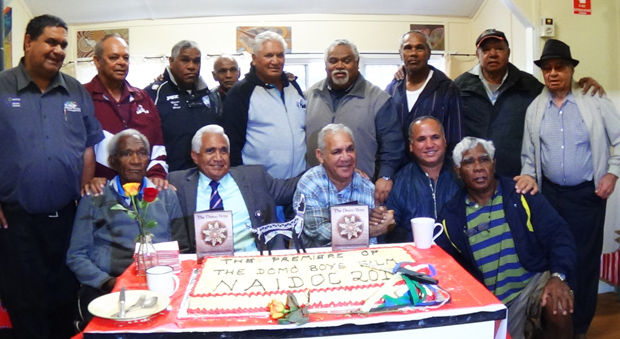
Cherbourg mayor Ken Bone and CEO Warren Collins were both dormitory boys and despite the media’s constant harping on pockets of Indigenous failure, they believe the country should be enormously proud of the amount of Indigenous success.
“Despite perceptions, Indigenous failure is not normal,” Mr Collins said.
He noted 15 per cent of those named Australian of the Year have been Aboriginal despite being less than 5 per cent of the population.
Mr Collins wants Cherbourg parents and children to realise they can achieve anything if they try hard. He has headed the Cherbourg Aboriginal Shire Council for 29 years after he studied Local Governance and Human Resources at the University of Southern Queensland in Toowoomba.
“Apart from keeping your health and taking pride in your culture, education is the most important thing out there,” he said.
